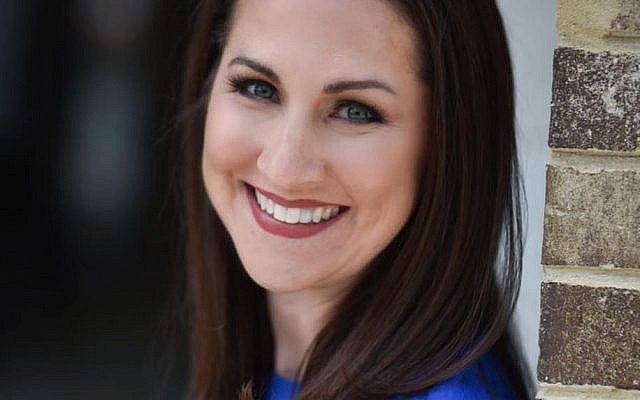Rachel Wasserman on Forgiveness
Rachel Wasserman is the executive director of the Jewish Women’s Fund of Atlanta.
This is the truth as I know it and have been taught: As a woman in 2019, I should have it all – a demanding career; a well-functioning family; a robust personal life full of volunteer opportunities, social gatherings, and religious involvement; regular exercise and healthy meal plans; an environmentally-conscious home; and a calendar filled with Instagram-worthy vacations and Pinterest-inspired parties. I should also get 8 hours of sleep per night.
Are these expectations possible? Perhaps. Are they reasonable? Absolutely not. Do they take a toll on my mental health and the mental health of nearly every woman I know? One hundred percent, yes.
As women, we are often our worst critics. We hold ourselves to unreasonable expectations and feel a deep sense of failure when we do not achieve our unachievable standards. In the coming weeks, Jewish Women’s Fund of Atlanta will be releasing the results of our community needs assessment on local Jewish women. This sentiment of feeling the need to have it all but not being able to meet those expectations was echoed again and again throughout the study. Women said they are in constant conflict, feeling like they cannot prioritize one area of their life without sacrificing somewhere else. Several mentioned guilt over “never being enough.” A high schooler stated that it wasn’t acceptable to be anything less than perfect.
It is easy to blame social media for our problems, but as a member of Gen X, I grew up in a pre-social media world, still being taught that I should be able to do it all without even breaking a sweat. A 2019 study by C. Collins showed that, “unlike women in other countries who blamed unrealistic cultural expectations and structural barriers for not being able to ‘do it all,’ American women blamed themselves.” We pass these expectations along from generation to generation, and until we reach a tipping point of women making a concerted effort to shift this outlook, we will continue to do so, setting ourselves up for failure and disappointment.
As we approach the high holidays, Jews are taught to do a “Cheshbon haNefesh,” an accounting of the soul. We think about the past year and how we treated others and ask forgiveness for our shortcomings or wrongdoings. We ask G-d to forgive our sins. With all of this focus on asking for forgiveness, I would encourage us to also ask ourselves for forgiveness for not being able to do it all. It is easy to be hard on ourselves, to compare ourselves to others, or to feel like we are failing ourselves and those around us. If we can show ourselves some compassion, realize that we cannot do it all, but rather use the village around us to support ourselves and our families, we will be a lot closer to happiness. I would like to see women shift the definition of “having it all” to mean having less stress, increased mental health, and reasonable expectations for our careers, personal lives, and community involvement.
L’shana tova u’metuka. Wishing you a year of personal fulfillment and happiness.




comments